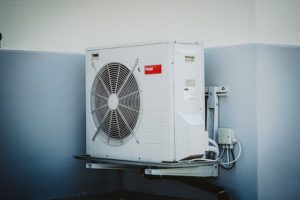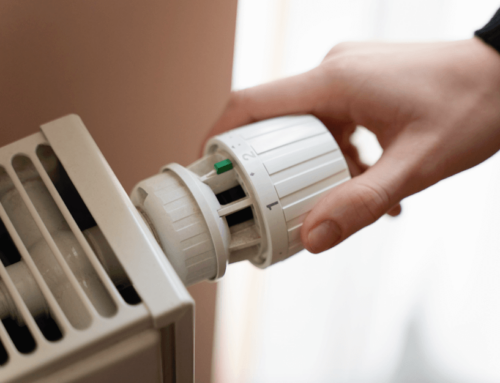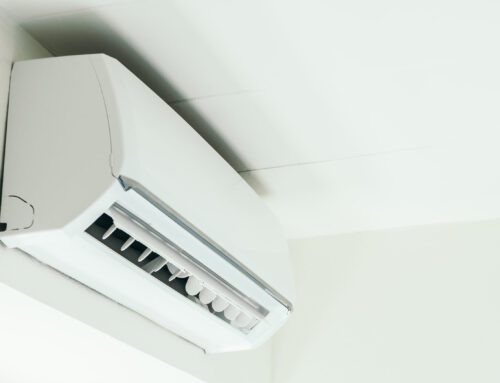 The terms HVAC and AC are used interchangeably among both professionals and homeowners. Although there are similarities between the two, their functionalities are different. Once you understand the purpose of each machine, you can decide which one is right for you.
The terms HVAC and AC are used interchangeably among both professionals and homeowners. Although there are similarities between the two, their functionalities are different. Once you understand the purpose of each machine, you can decide which one is right for you.
What Is an HVAC System?
The acronym HVAC stands for heating, ventilation and air conditioning. An HVAC system’s purpose is to assist with the heating, cooling and ventilation of residential and commercial spaces. It provides temperature control and comfort throughout all four seasons, along with air filtration to remove odour, moisture and bacteria. HVAC units usually consist of a combination of air conditioners, heat pumps, furnaces, boilers, electric heaters and ductwork.
What Is an AC System?
An AC – or air conditioning – system’s role is to provide temperature control and comfort by cooling the occupied spaces of domestic and commercial buildings. It does this by removing heat and moisture during its refrigeration or evaporation cycles. Air conditioning systems come in a few variations, including central air conditioners, ductless air conditioners and window air conditioners.
What’s the Difference between HVAC and AC Systems?
HVAC and AC units are both designed to cool the air within your home. They share similar components, such as compressors, evaporator coils, condenser coils and expansion valves, which work together to provide cool, refreshed air. However, HVAC units also supply heating and ventilation, while an AC unit only serves to cool the air. Heating and ventilation components consist of boilers, furnaces, exhaust outlets, air returns and ductwork – this is referred to as a functionality difference.
Which Should You Choose?
The choice between an HVAC or an air conditioning system comes down to your individual needs. It is an important decision; the right choice can help reduce your energy costs and overall consumption, as well as keep you comfortable and warm in the cold winter months. Consider the following factors to help you decide:
- Climate. Assess your region’s climate and general weather patterns. If you live in a city that tends to experience hot summers and cold winters, then you should consider an HVAC system or installing an AC with a furnace.
- Location. Determining where to place your new unit is key. Are you installing it in a commercial or domestic space? Central air conditioning systems are typically used to cool large homes or buildings like offices or restaurants. In contrast, ductless or window air conditioning units are ideal for smaller homes as they cool a single room. Meanwhile, standard split HVAC systems are suitable for residential spaces, and variable refrigerant volume (VRV) HVAC systems are best for commercial buildings.
- Size: Does your space accommodate a small or large unit? It is essential to note the size of the AC or HVAC system and make sure it fits in the area you have available to host the equipment.
- Your budget: Heating a home is generally more expensive than cooling it. Market fluctuations can also increase the cost of electricity and fuel. Take into consideration your budget for the annual servicing of your new appliance.
Contact Canada HVAC for All Your HVAC and AC Installation Needs
Canada HVAC is a premium supplier of energy-efficient furnaces, air conditioners and other HVAC products. Save 10% on your purchase when you buy a bundled furnace and air conditioner package. Installation packages and extended warranties are also available. Contact Canada HVAC today at 833-226-4822 or complete our contact form to speak with a specialist.





